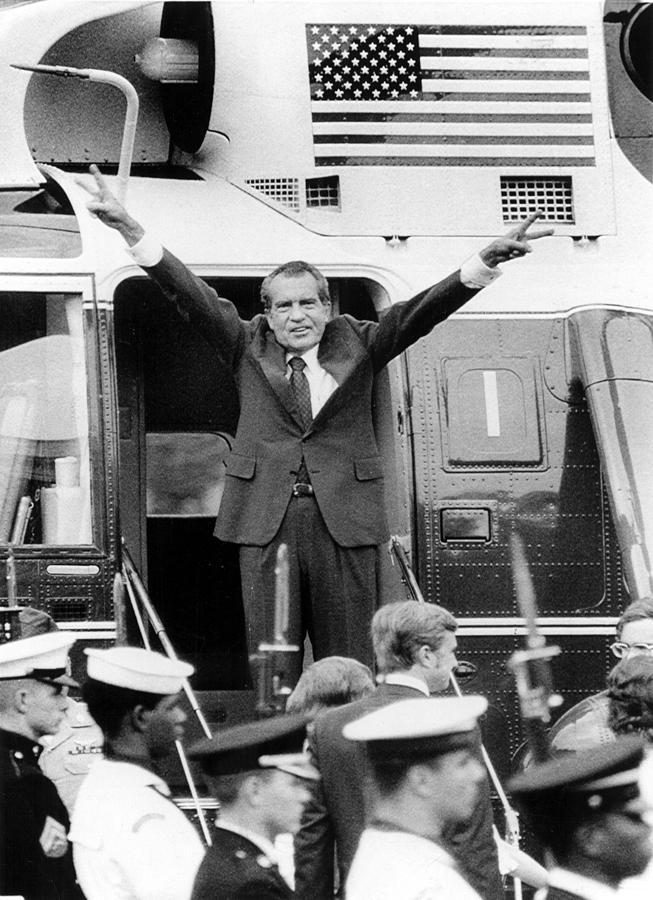
The analysis, commentary, and complaints about American politics are prolific. Certain themes are repeatedly explored, such as voters’ educational levels, identity, and economic status, but all these are basically subordinate to the one factor nobody really talks about: the psychology of politics.
Psychology, an exploration of the belief systems and emotional complexes that develop around them, does not take well to a one-size-fits-all, problem-solving approach. People are too complex for that. Nonetheless, the result of our presidential election indicates that the psychology of America is far more important to election results than any specific issues. It’s a matter of the esoteric versus the exoteric.
Psychology is an esoteric discipline about examining internal life and how it manifests in the external world. Psychology is about our secret lives, the solitary emotional world we inhabit and in which we spend our entire lives. The only way we can bring others into it is through our speech and behavior.
The exoteric world, the world of quantifiable, measurable, “objective” things and events, is what gets most of our attention. Thus, for example, the economy, inflation, and the rising price of eggs dominate political discourse. It is, however, the esoteric experience – such as the emotional fear associated with being unable to pay the bills – that influences our thoughts and behaviors. Accordingly, playing politics by taking advantage of emotional vulnerability is a tried and true route to success.
Back in the late 60s, Richard Nixon‘s team of advisors developed a “southern strategy“ to play on the fear and racism of Southern whites. Much earlier, Adolf Hitler manipulated the emotions of the German people and engendered a world war that killed millions and destroyed his own country. Our recent election was played out in that same territory: the arousal of fear.
Political strategists on the left are offering opinion about how the Democratic party failed, and what it needs to do differently to win elections in the future. A lot of it is aspirational bullshit. A successful meme during a Bill Clinton election was coined by James Carville: “It’s The Economy, Stupid“. That message was a perfect combination of esoteric and exoteric components, and going forward that’s what the Democrats must do. The Republicans, ironically, accomplished that feat, probably because TV personality Donald Trump and his advisors are naturally intuitive to the ways of manipulating human emotions. The political appeal of “Make America Great Again” satisfies ego by being both simplistic and grandiose at the same time; who doesn’t want to be great? A businessman and his cronies know how to sell. Just take a look at the crap that Trump is constantly hawking; you can’t pull that off without an emotional, esoteric connection to people.
The whole idea of influencing public opinion inevitably sidles up to its cousin, manipulation. This presents a moral choice: how far into the territory of emotional manipulation is morally acceptable? It is this hesitation, or one could say perception of the complex esoteric nuance of the situation, that constantly disarms the Democratic Party. No such hesitation exists on the Republican side.
Our human situation – culture, technology, economy, politics – is about coping with our esoteric selves, which includes our emotional wildness. Subduing or stimulating our wild emotions is an ongoing activity. It is in this dangerous arena that the political game is really played. Unless we understand this situation better, America as we’ve known it will not survive.